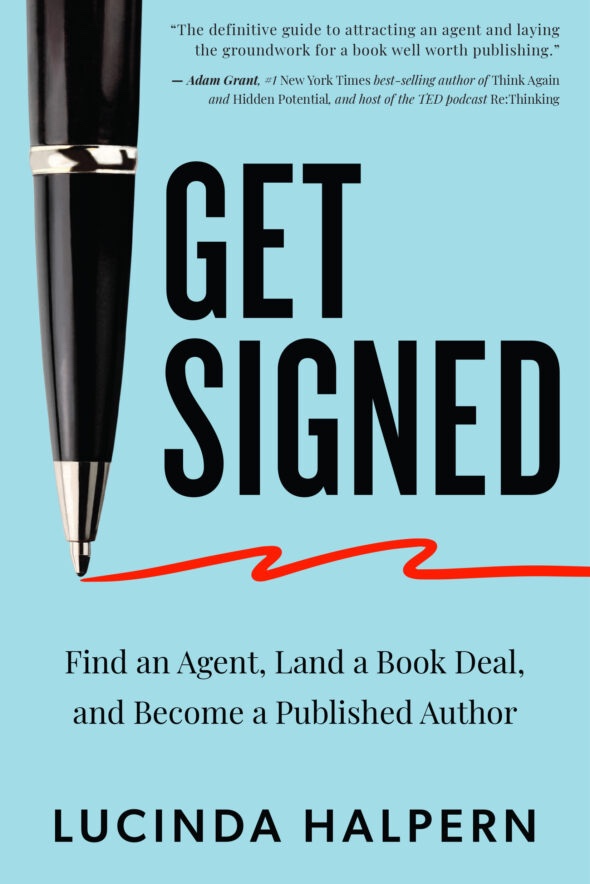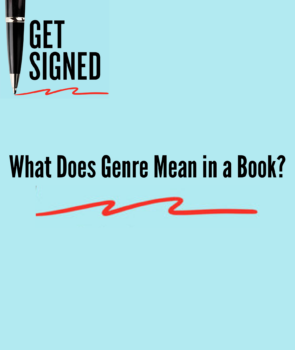Search
Understanding Your Book’s Genre: A Guide
The Importance of Genre in Your Book’s Success
Lucinda Halpern shared her latest publishing insights from this month. Read on to see her latest news, and if you’d like to receive her monthly newsletter directly in your inbox, sign up here.
Selecting the right genre for your book is crucial. It not only shapes your narrative but also influences your pitch to agents and publishers. Here’s why understanding and accurately identifying your genre matters:
Reconceiving Your Genre
Many writers, both new and seasoned, often end up rethinking their genre. Your initial genre choice might change as you delve deeper into your writing. This flexibility can lead to a broader readership and greater success.
Common Genre Mistakes
- Genre Overlap: Believing your book straddles multiple genres without committing to one.
- Omitting Genre: Failing to specify a genre in your pitch can leave agents or publishers guessing, which is a missed opportunity.
The Pitch
Whether pitching to an agent or attracting readers, eliminate guesswork by clearly categorizing your book. Publishers need to easily categorize your book for booksellers, which starts with your pitch.
Making the Best Guess
If you’re unsure about your book’s genre, make an educated guess. It’s better to propose a genre than leave it blank. Agents and publishers can always re-categorize it later. The key is to present a clear genre initially.
Case Study
A query from a speaker who teaches evolutionary biology to executives was categorized as a business book. However, based on her unique idea, it was re-categorized as a self-improvement book, reaching a wider audience and commanding a larger advance.
Researching Comparable Titles
Familiarize yourself with genre by:
- Identifying Key Components: Pinpoint the main elements of your book.
- Searching for Similar Books: Look for books with similar themes and components.
Using Amazon for Genre Identification
- Find a Book: Search for a book similar to yours on Amazon.
- Check Product Details: Scroll to the Best Seller Rank.
- Identify Genres: Note the genres in which the book ranks.
- Compare: If your book shares elements with top sellers in specific genres, consider those genres for your pitch.
For instance, “The Secret History” by Donna Tartt is categorized under psychological thrillers, literary fiction, and suspense thrillers. If your book shares similar components, market it to those readers. Similarly, “Atomic Habits” by James Clear fits into business, social psychology, and self-help.
Final Advice
For your pitch, choose the genre that best reflects your book. If unsure, make your best guess and be prepared to make a strong case for it.
By understanding and accurately categorizing your book’s genre, you can create a compelling pitch that captures the attention of agents and publishers. This strategic approach will help your book find its rightful place in the market.
If you’re just starting out, explore our beginner resources on Get Signed








